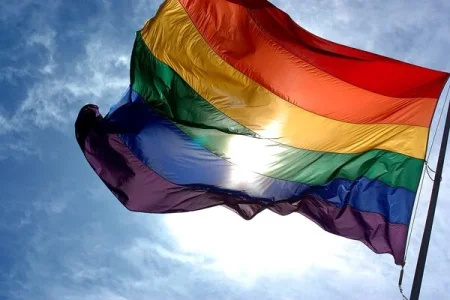
Georgia's parliament has officially banned same-sex marriage, gender reassignment surgeries, and public displays of the LGBTQ rainbow flag. This legislation, introduced by the ruling Georgian Dream party, mirrors similar laws in Russia and has sparked significant backlash from LGBTQ activists and human rights organizations.
Georgia's parliament has enacted sweeping legislation that bans same-sex marriage, gender reassignment surgeries, pride events, and public displays of the LGBTQ rainbow flag. The ruling Georgian Dream party introduced the bill, which reflects similar laws in Russia. This decision has faced widespread backlash, with many activists arguing it undermines human rights and pushes Georgia closer to Russia's influence.
Reactions to the law have been divided. Supporters assert it aligns with “traditional family values,” echoing sentiments expressed during large anti-LGBTQ demonstrations. Critics, however, highlight the negative implications for Georgia's European Union aspirations, especially following sanctions from the U.S. against Georgian officials in response to previous laws perceived as anti-democratic.
The Orthodox Church's significant influence in Georgia has fueled opposition to LGBTQ rights, with many citing morality as a basis for the bans. On social media, opinions are sharply polarized; some users celebrate the legislation as a return to traditional values, while others denounce it as a severe violation of human rights. Activists and allies have called for international pressure and sanctions against Georgia, emphasizing the need for solidarity with the LGBTQ community in the country.
As parliamentary elections approach, this legislation is seen as a strategic move by Georgian Dream to solidify support among conservative voters while risking Georgia's path toward greater integration with Europe.




